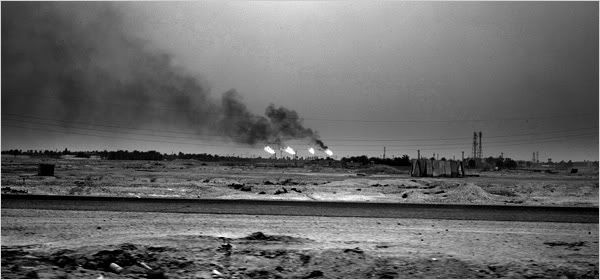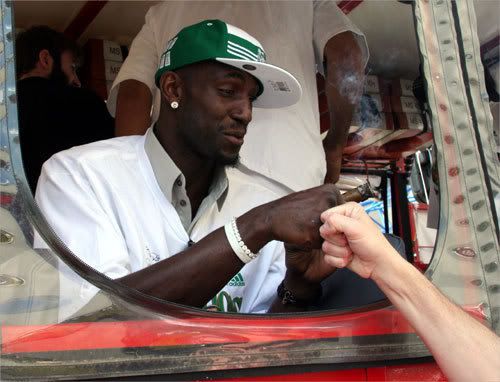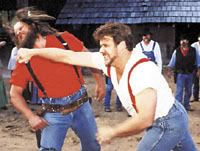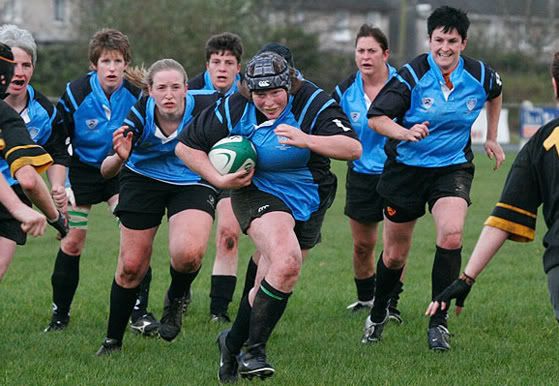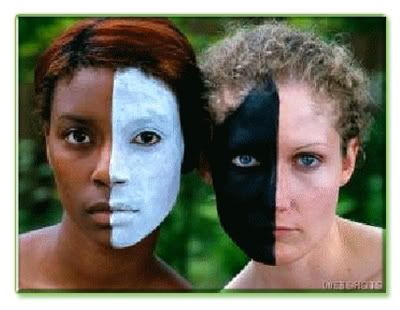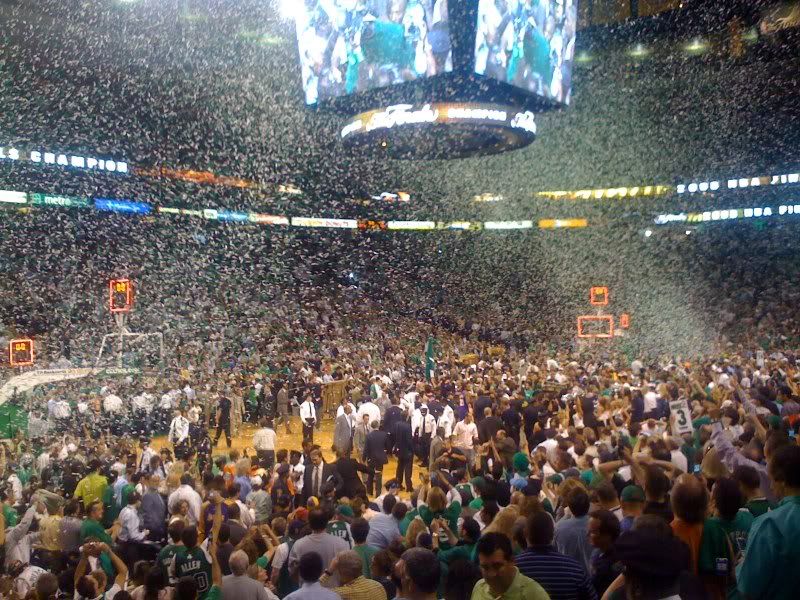
"I was watching him hold that trophy, and I was thinking to myself, 'Paul Pierce was not just almost out the league. He was almost dead,'" [Coach Doc] Rivers said. "And now he is the Finals MVP. You tell me. Who else has had a turnaround like that?"
I was very pleased to see Pierce with that extra accolade after the win on Tuesday night.
The win itself was tremendous. If you are any kind of a sports fan--even an incidental one--I must say you missed something very special if you missed this year's NBA finals.
Paul Pierce has played his entire 10 year career for the Boston Celtics, and in that time their play has ranged from poor (but with false promise) to unwatchable (a certified tank-job last year). The lone light of those teams was Pierce, a leader with a scoring knack so true, it earned him his knick-name:
Shaquille O'Neal, in the midst of his three-peat and a role as the most dominant force in the game, pulled a Boston reporter aside and offered the following: "Take this down. My name is Shaquille O'Neal, and Paul Pierce is the motherfucking truth. Quote me on that, and don't take nothing out. I knew he could play, but I didn't know he could play like this. Paul Pierce is the truth."
Yet The Truth seemed to be that Paul Pierce would end his career as the kind of player bad owners use to slowly kill franchises. You could keep enough people in the seats to make money with a guy like Paul. You could squeeze the team for cash without putting anyone else in there to light a fire and work a winning season. When you'd emptied that ATM, you could sell it off and move on. Paul would carry the torch for you -- enough of the time -- simply out of pride and talent. Mostly pride.
On September 25, 2000,
he was stabbed in the face, chest and back 7 times. He nearly died.
Enter
Wyc Grousbeck. Wyc, a local guy and a Celtics fan, caught a bug from a man named
Kraft: buy a team you love because you love it, and help it to win--not to make money, but because winning is fun and sports are fun and people should have fun watching them. Grousbeck assembled an ownership group of similarly minded guys and bought the C's in 2002. In the off season of 2007, the stars aligned. Former Celtic Danny Ainge, now C's GM, approached his owner and told him the time was right. Wyc pulled the trigger:
Number 5 is a looming presence. A tall, terrifyingly intense man. Kevin Garnett had played all 12 years of his career for the Minnesota Timberwolves. For 12 years, Kevin ripped a howling tear of intensity and electricity down the court with every turn: a rebounding machine, a defensive nightmare of huge dark wingspan, fierce countenance and unending energy who would hound you out of his paint, chase you up the court and scare you into giving up a basket, leaving you grateful you hadn't given up your life as well. For 12 years he tried to will a team of the under-talented or under-achieving to success. He is
definitely the kind of player a bad owner could use to kill a franchise, and most years it seemed like that's precisely what would happen. And even though he collected every accolade, and even though he burned his soul on the court every night, his critics sadly shook their heads and noted that until he won a championship...
Life is full of promise, but rarely delivers. When Wyc and Danny brought Kevin Garnett to Boston, Paul Pierce knew that promise could be kept. The addition of Ray Allen (aka
Jesus Shuttlesworth), the NBA's best pure shooter, seemed to seal the deal.
Garnett's intensity ruled the regular season. He brought the electric edge of the playoffs to every game, even those lonely mid-weekers in basketball-backwards towns with empty seats and nothing on the line. With these 3 stars selflessly giving their individual games over to a shared mission, the team coalesced. But to the casual observer, it seemed (all protest to the contrary) that the team was Garnett's. He set the tone. He made the plays. It was his intensity that whipped the younger players into game-mode on a nightly basis.
In the playoffs, though, something curious seemed to happen. Ray Allen lost his shot. Just gone -- like a light had been switched off. Garnett, still at full throttle, seemed to stand out less among other stars, now that they also were going full blast. He was truly eating himself from within, going
4 sleepless days during the series with Detroit, consumed with a chance he never thought he'd see.
The young guys were young.
The lowly Hawks took the Celtics to the full seven games. One-dimensional Cleveland did the same. The C's looked uneven. We reminded each other that, really, one season is a short time. Even the best need time to learn each other.
And yet, as the curtains drew back and the early series' stretched out long and the bloom seemed ready to drop from the lily, there was Paul Pierce.
He willed his way to the foul line. He made his own shots. Not known in past seasons as a defender, he turned in staggering defensive performances against some of the league's best scorers. He kept his cool. He kept his team floating.
And, slowly, things came together. They all leaned in toward each other and at the center of the circle was the the New Original Celtic: Paul Pierce. The furious free-radicals and lost boys that the C's had become slowly drew together around their captain. Ray penetrated and scrapped and his shot began to come back. Kevin slowly started to live into the moment. Bench players found unexpected sureness and confidence in themselves and in each other. By the end of the Lakers series, they were playing the very best basketball of the year -- by anyone.
Young Rajon Rondo, in only his second season as point guard, played an incandescent game: blasts of speed that only young men's ankles can handle, smart passing, and with finally the confidence to drive and shoot -- not just drive and pass. He was a thief, too, picking the great Kobe Bryant like a streetside cut-purse. Ray Allen, bearing up under his son's suddenly diagnosed diabetes--a diagnosis arrived at in a hospital emergency room the night before--rained down three-point baskets like the rim was 10 feet across, instead of 10 feet off the floor, tying an NBA finals record with 7. Kevin Garnett? He posted his 6th straight double-double: double digit points, double digit rebounds. A game after he seemed to disappear, he suddenly re-emerged, elevating himself one last time, a soul on fire consuming itself, in love with a game.
Even the bench were unstoppable. During one remarkable and telling stretch in the second quarter, Eddie House and James Posey combined for 11 unanswered points, including three 3-pointers, none of which so much as nicked the rim.
And then there was Paul. At half-time in Los Angeles, with his team down and getting battered by a determined Kobe Bryant, Paul had gone to Doc Rivers and requested a job: "Put me on him. I have fouls to give." That night he led his team to a record come-back victory.
In the final game of the season, at home in Boston, he put up 17 points and 10 assists. But more than that, harder to see in the numbers of the game, was the way he drew his team toward each other. A team of one mind.
It was so evident in their defense. Of all things, defense in basketball is talked about more than it is celebrated. But many times during the game, the C's moved together on defense like the balancing ratchets and springs of an old-fashioned watch. Without seeming to look at each other they responded, in unison yet uniquely, to the ball and to the offense: Each player reading in his man the movements of the other 9 bodies on the floor, as if he was reading a picture book. Each of them, all together.
So it was a lot of fun. I hope you watched it. Even if you didn't, it's worth reading that article about Paul Pierce. There aren't too many athletes who stay in the same city for their whole their career. Most players are gypsies, or mercenaries: Ronin. As Bill Simmons
wrote, we're basically rooting for laundry.
But not this year. This year, we got Paul Pierce.
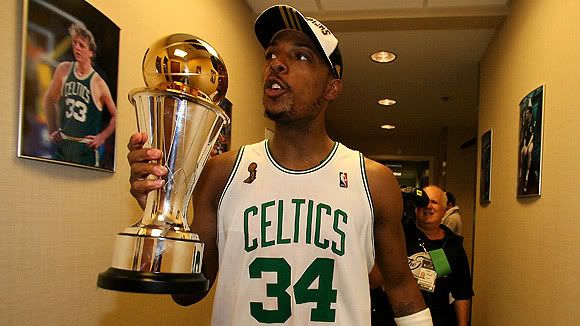
 Much to our joint dismay, Pop and I share a college. He found me through Facebook -- a newfangled web-based thing that actually seems to work occasionally. Pop authors Baby I've Been Thinking. Topic? Pop Music. Very well done commentary on his search for good pop, and close critiques of the gems he unearths. Here's a representative excerpt:
Much to our joint dismay, Pop and I share a college. He found me through Facebook -- a newfangled web-based thing that actually seems to work occasionally. Pop authors Baby I've Been Thinking. Topic? Pop Music. Very well done commentary on his search for good pop, and close critiques of the gems he unearths. Here's a representative excerpt: Balkinization is, as the subtitle states, "An unintended consequence of Jack Balkin." Jack is a Professor of Law at Yale Law School who apparently doesn't have enough to do. (I kid, I kid.) This is a great place to visit if you're at all interested in the legal matter of the moment, at least in part because it is much, much more than one man's ramblings (admittedly, a very learned man). Professor Balkin has attracted a panel of contributors that represent some of the finest legal scholars from around the country (though not yet my personal faves, Akhil Amar and David Williams).
Balkinization is, as the subtitle states, "An unintended consequence of Jack Balkin." Jack is a Professor of Law at Yale Law School who apparently doesn't have enough to do. (I kid, I kid.) This is a great place to visit if you're at all interested in the legal matter of the moment, at least in part because it is much, much more than one man's ramblings (admittedly, a very learned man). Professor Balkin has attracted a panel of contributors that represent some of the finest legal scholars from around the country (though not yet my personal faves, Akhil Amar and David Williams).